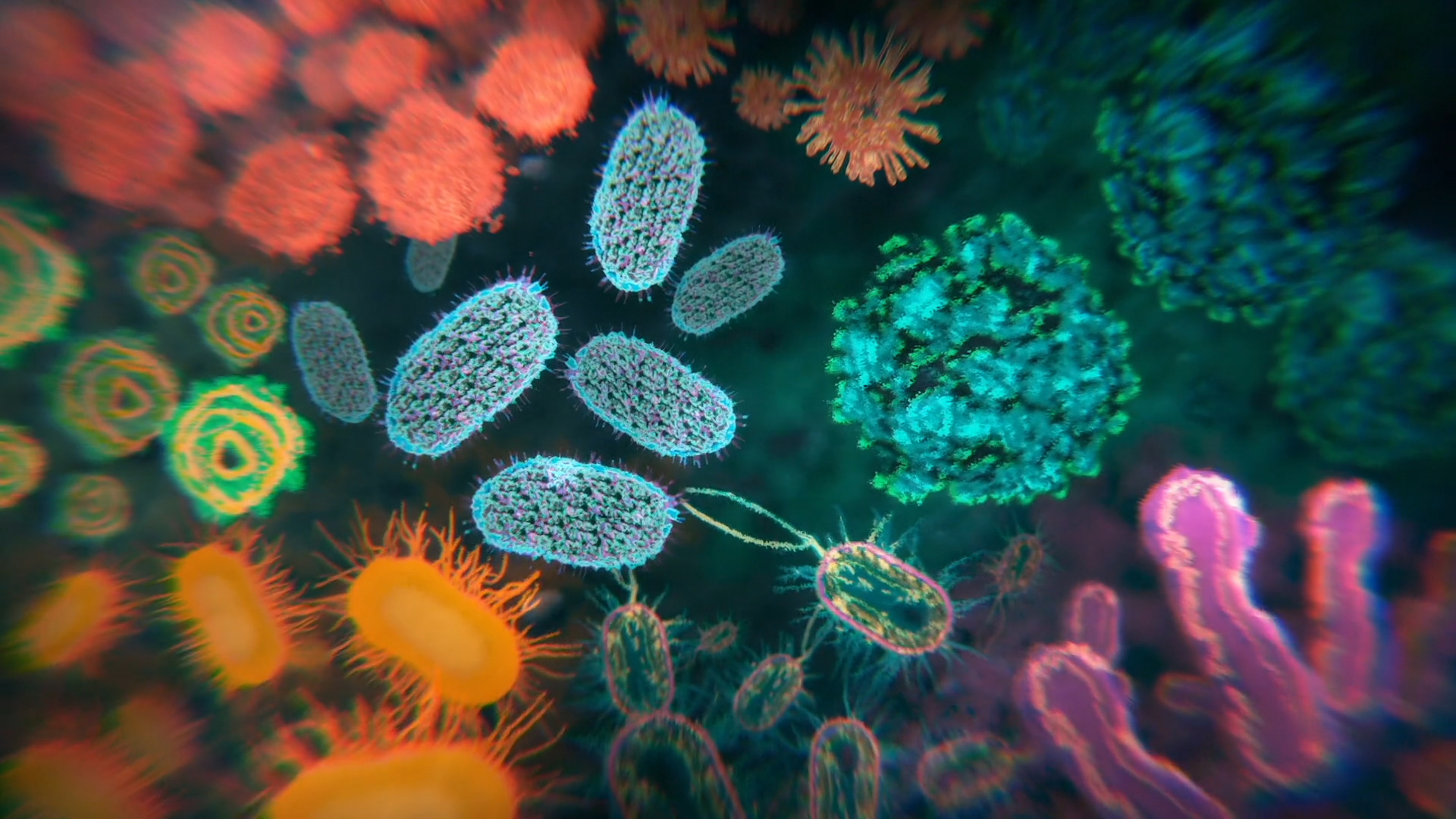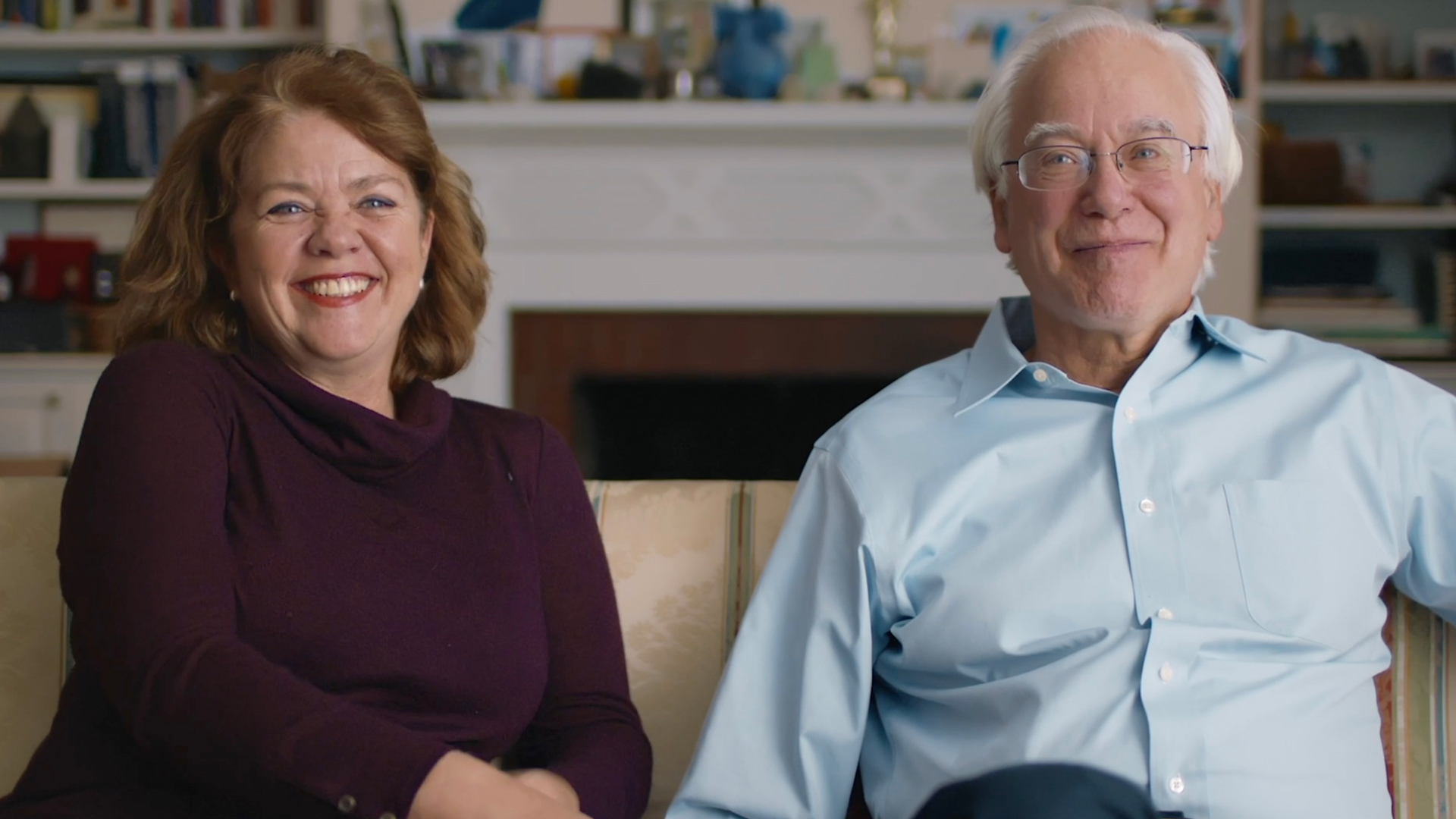By: Liz Do
17 Nov, 2022

The world is in the middle of an extinction crisis, says Martin Blaser, an advisor in CIFAR’s Humans & the Microbiome program.
That is the basis behind a new documentary, The Invisible Extinction, which prominently features Blaser and CIFAR Fellow Maria Gloria Dominguez-Bello, who share their expertise on the human microbiome. The documentary also stars CIFAR Fellow, Eran Elinav.

The film takes audiences around the world as Blaser and Dominguez-Bello explore the “missing microbes” thesis. According to Blaser, the modern world’s overuse of antibiotics is damaging human gut health — fuelling obesity, asthma and certain forms of cancer.
“For the past 20 years, I have seen that we are gradually and progressively losing our ancestral microbial diversity,” said Blaser, who worked on the film to help inform the public and health professionals about this major change in humans’ microecology. “It parallels climate change, which affects our macro-ecology.”
“The Invisible Extinction sounds an alarm, and suggests the types of steps that can be done to turn this problem around,” he added.